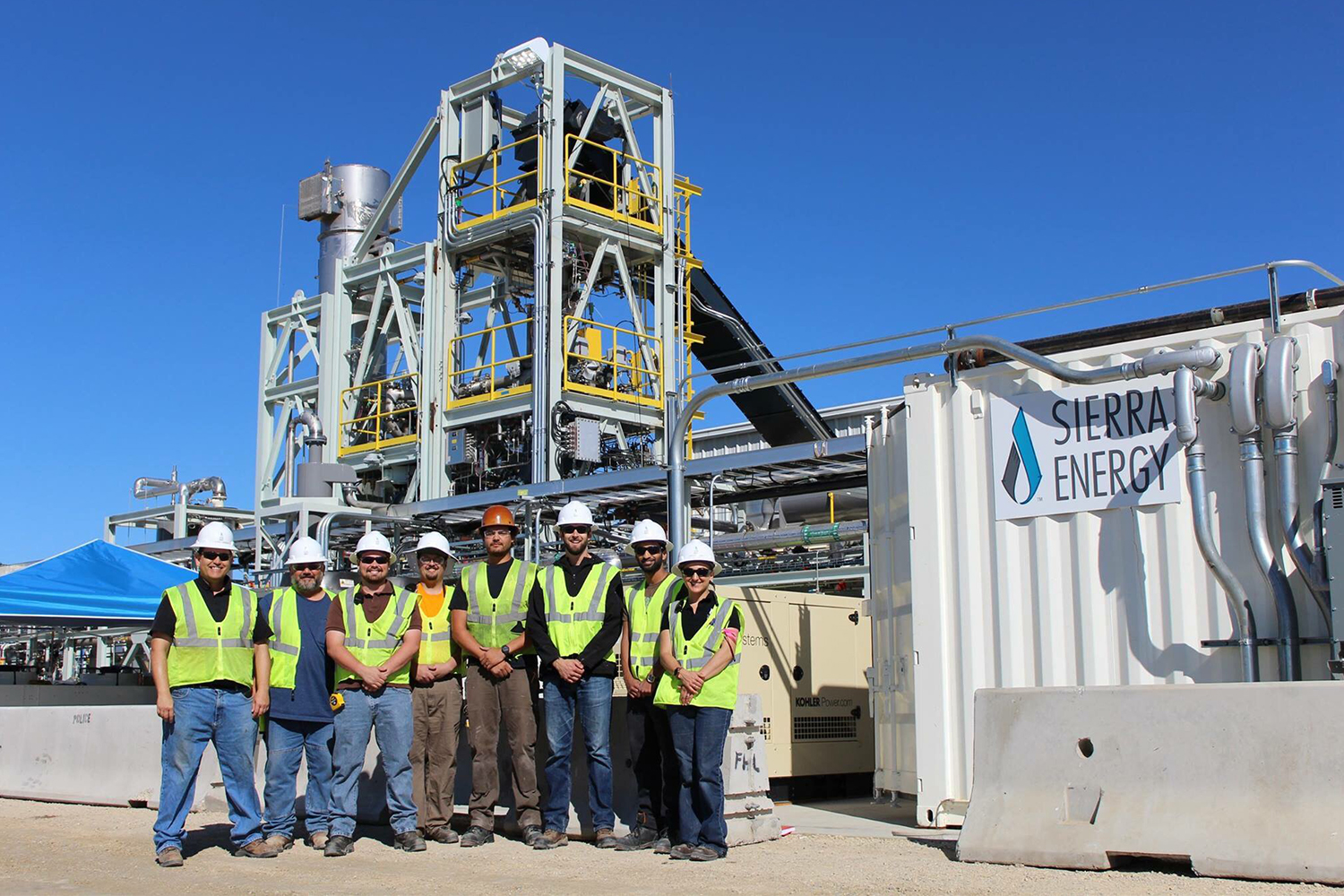We’ve got a battery issue — due to supply chain issues, rare materials shortages, the ongoing pandemic and higher demand.
One novel solution? Turn to algae. Per New Scientist, Christopher Howe at the University of Cambridge and his colleagues placed a colony of blue-green algae inside a small aluminum / clear plastic container roughly the size of an AA battery.
The device was placed on a windowsill during a 2021 Covid lockdown. In a six-month trial period, this cyanobacteria-powered device ran an Arm microprocessor that ran 45-minute cycles of calculating sums of consecutive integers to “simulate a computational workload” (followed by 15 minutes of downtime). During the six-month trial and continuing long after the official experiment, there were no power interruptions.
Basically, the algae naturally harvests energy from the sun through photosynthesis. And the tiny electrical current this generates interacts with an aluminum electrode, which powered the microprocessor. Bonus: This ad hoc system built for the experiment utilized easy-to-find, cheap and recyclable materials.
It’s not going to power your electric car. But it might be good for charging up your phone or working on various Internet of Things (IoT) devices — an increasingly common category (basically, it’s any device that connects to the internet and is equipped with sensors, be it smartwatches or temperature sensors).
“The growing Internet of Things needs an increasing amount of power, and we think this will have to come from systems that can generate energy, rather than simply store it like batteries,” said Professor Howe, adding, “Our photosynthetic device doesn’t run down the way a battery does because it’s continually using light as the energy source.”
Given that we’ll have an estimated one trillion IoT devices by 2035, we’ll certainly need to find alternatives to lithium-ion batteries, be it algae or something else. As the researchers note, we would need three times more lithium than is currently produced across the world annually.
Thanks for reading InsideHook. Sign up for our daily newsletter and be in the know.

















